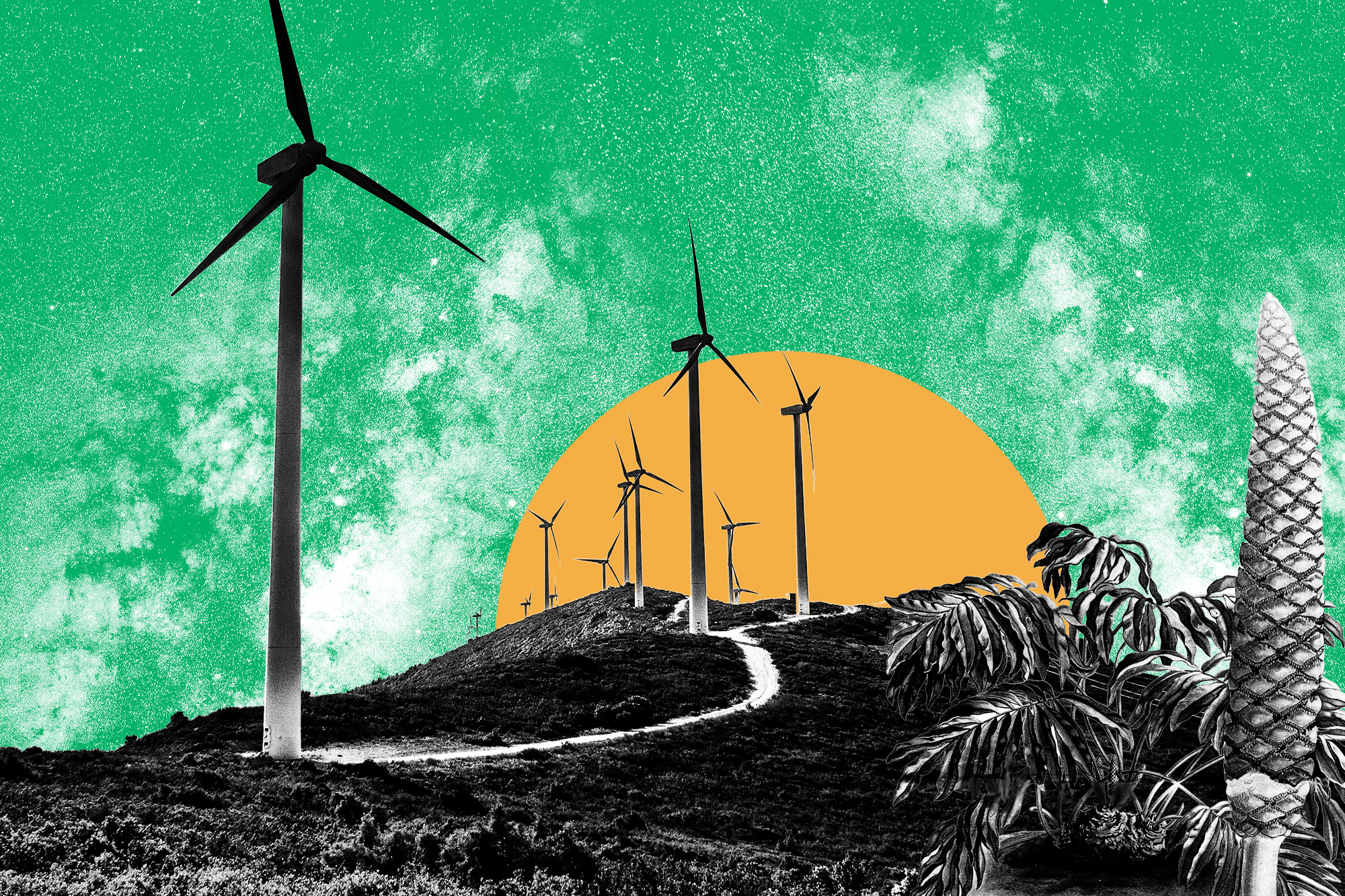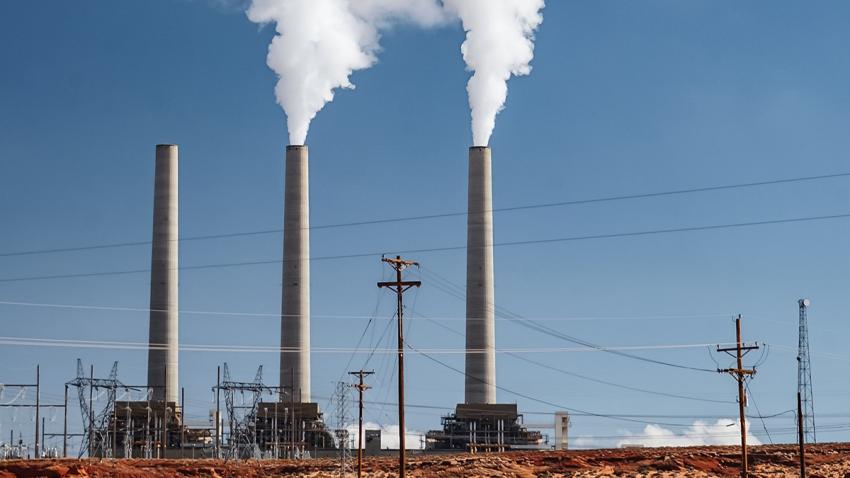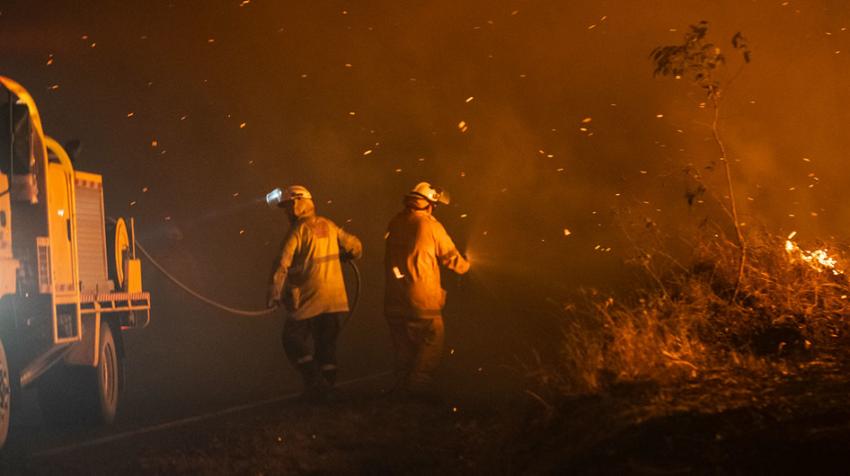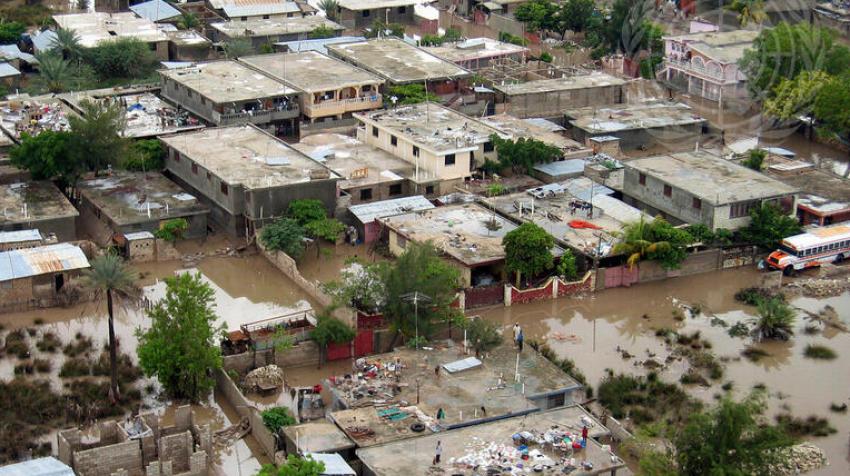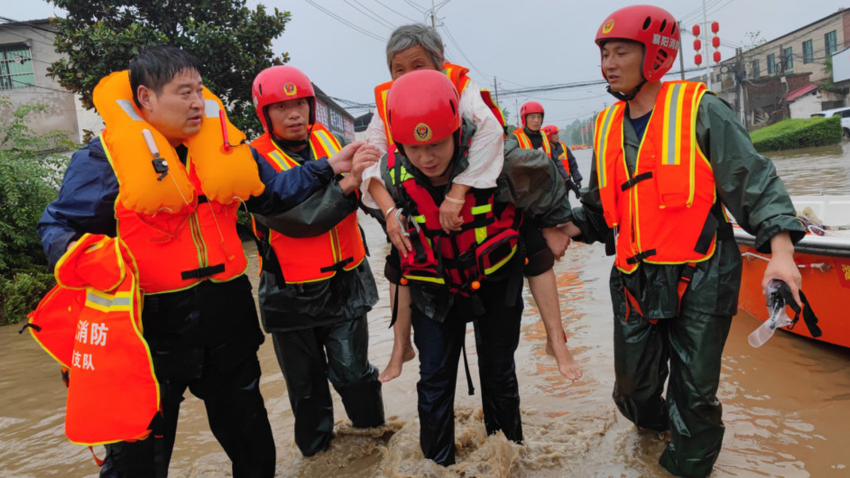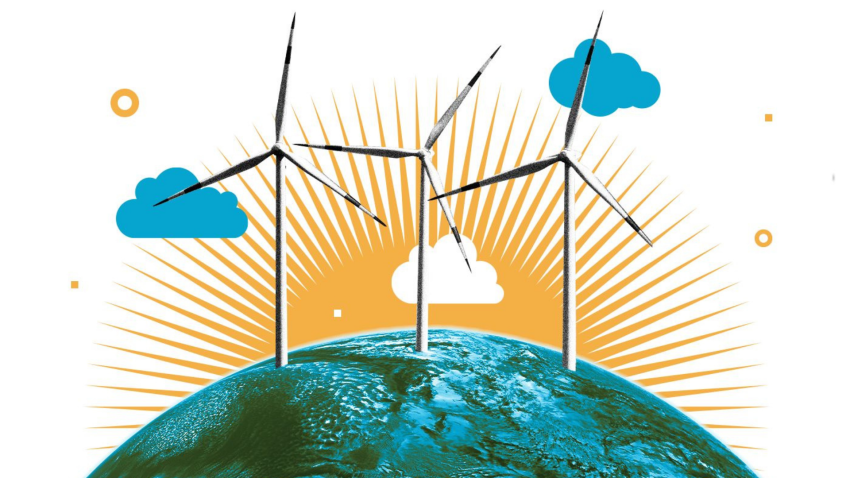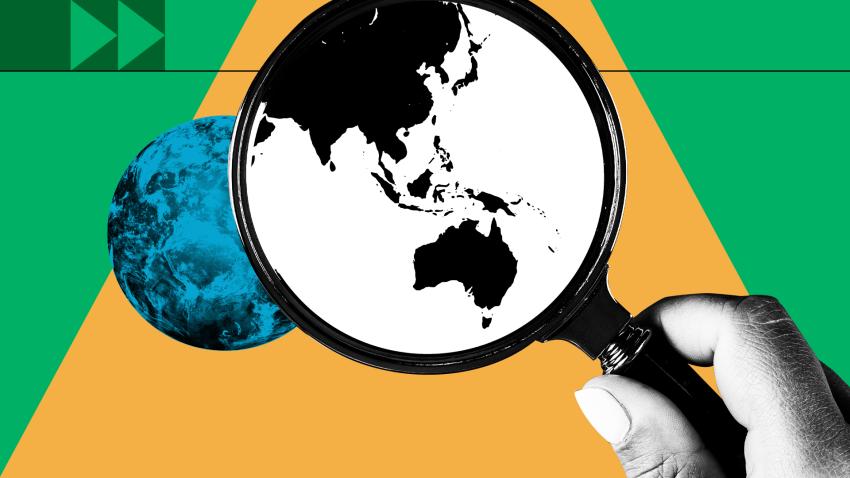Climate Solutions
COVID-19 exposed the consequences of the failure to make sufficient progress on the Sustainable Development Goals and in implementing the Paris Agreement on climate change. We would have been in a better place if we had.
We must change course, UN Secretary-General Antonio Guterres said, or we risk missing the point where we can avoid the “disastrous consequences for people and all the natural systems that sustain us.”
As we continue to tackle the pandemic, the enormity of the climate emergency can be daunting. What can one person or even one nation do on their own to reverse this challenge? Good news is that solutions do exist!
